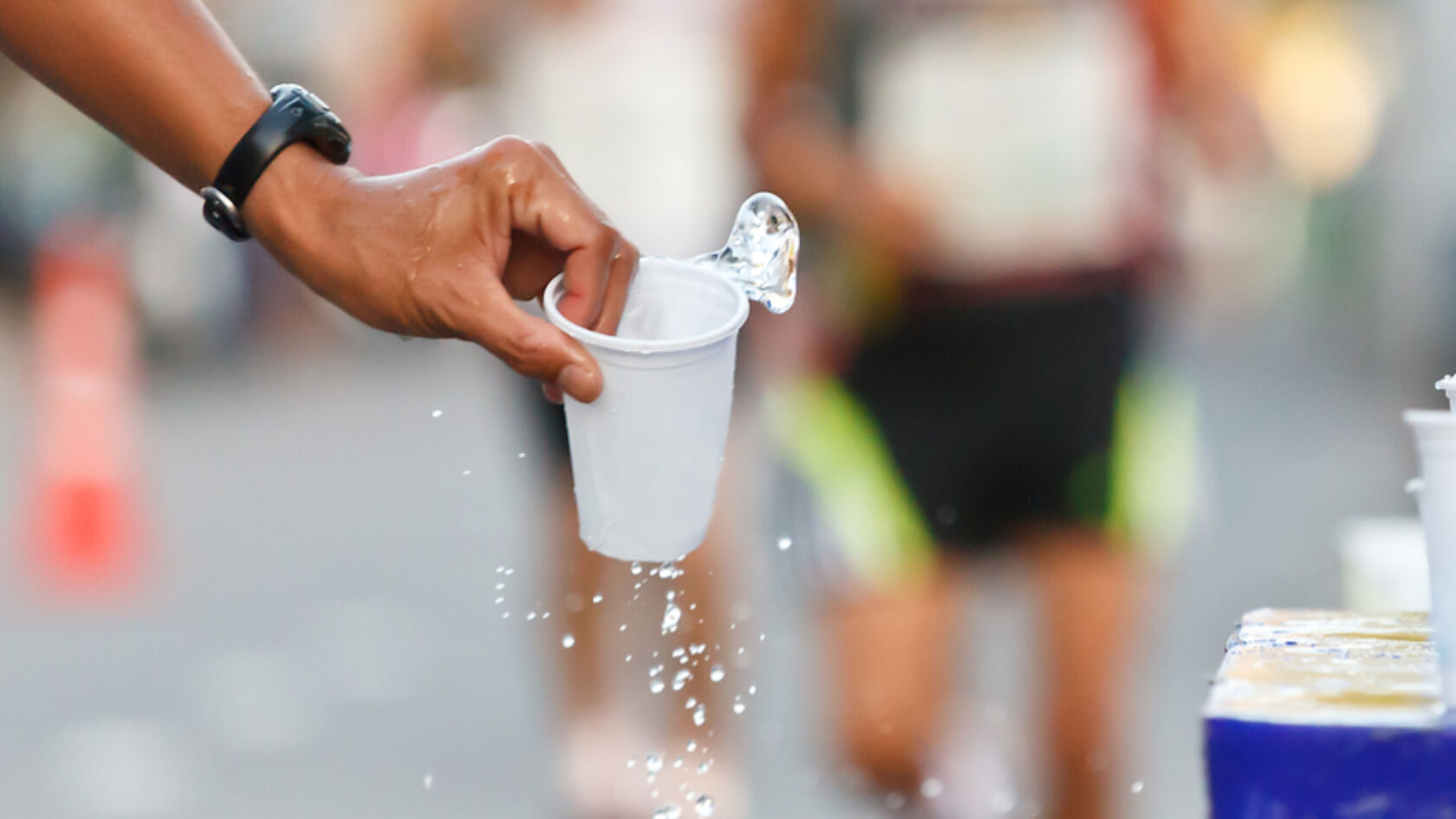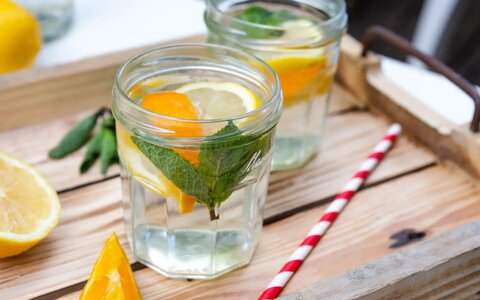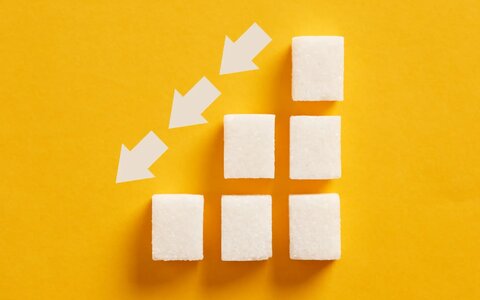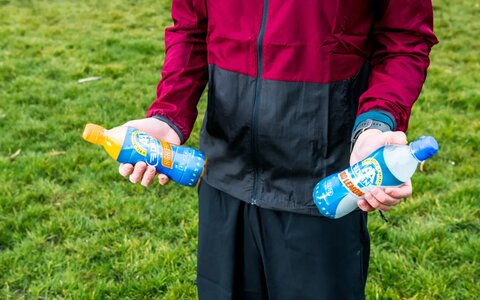Every marathon fan has no doubt experienced it or seen it on TV. Sagging, hunched runners swaying from side to side with absolutely no control over their steps. They have lost all coordination and can barely avoid falling over with every step. This is a good example of a runner with severe dehydration and/or sodium deficiency. The runner has probably not drunk enough to compensate for the fluids lost through sweat. A hot day and being overdressed can also contribute to increased fluid loss.
Consuming water during a race can have numerous benefits. It replenishes the moisture lost through sweat. It reduces the risk of poor coordination and balance problems. Drinking water during the race is recommended in the following situations:
- A race lasting longer than 30 minutes;
- A race day with high temperatures (25+ degrees), regardless of the race duration;
- Being dressed too warmly. For example, wearing long sleeves and long trousers at temperatures above 10 degrees Celsius;
- When you naturally sweat quickly and profusely during minor efforts, regardless of the duration of the effort.
It is especially important not to lose more than 2% of your body weight in moisture. Fluid loss can be easily measured by stepping on the scales before and at the end of training/competition. The difference in weight in kilograms is the lost moisture in litres. If you had a drink during training/competition, this should be added to the total amount of fluid lost.


















